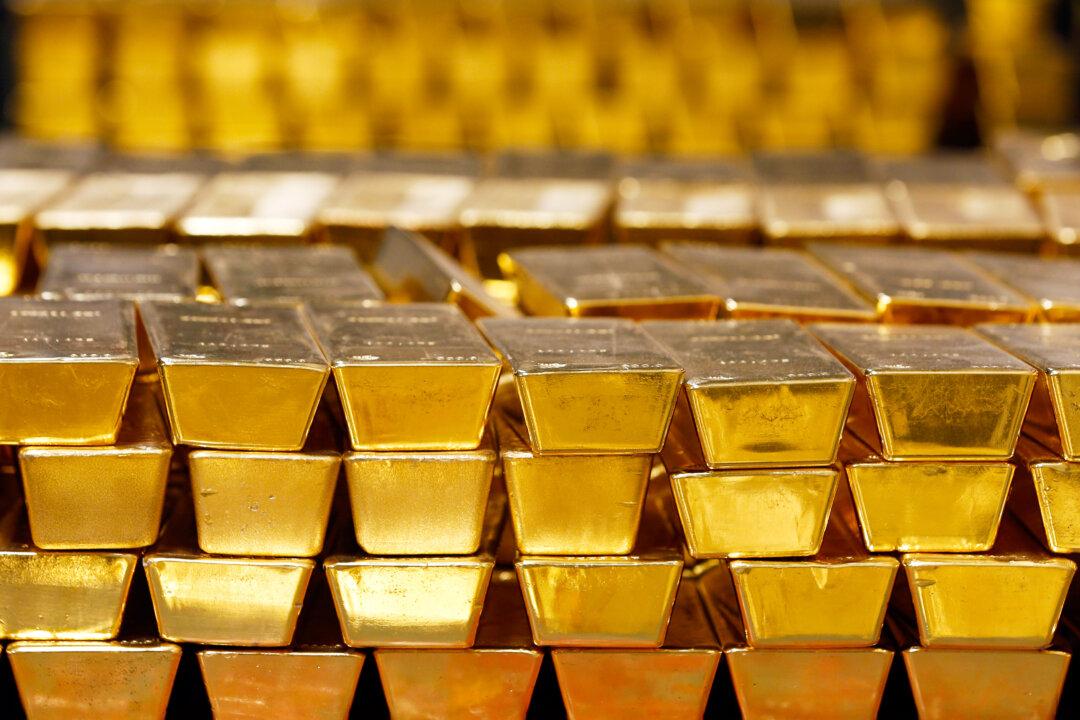European gas prices soared more than 10 percent after Russia announced that it would suspend gas supplies to Poland and Bulgaria for refusing to pay in rubles for Russian gas.
Both countries, which are heavily reliant on Russian natural gas, declined to open a special bank account with Gazprombank to allow payment to Gazprom. According to a report by ING Bank, Poland maintains an annual supply deal with Gazprom totaling 10.2 billion cubic meters, which was set to expire by the end of 2022. Nearly 53 percent of Poland’s gas imports come from Russia.





